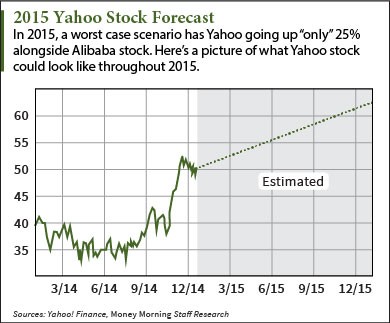Why Stock Buybacks are More Harmful Than You Think Money Morning We Make Investing Profitable
Post on: 21 Август, 2015 No Comment

display>
Companies flush with cash are increasingly engaging in stock buybacks taking money and buying back some of their own shares.
During the 18-month period from April 2011-October 2012, companies in the S&P 500 bought back a net 8 billion shares. At the end of 2012’s third quarter, there were about 300 billion shares outstanding for S&P 500 companies, the lowest quarter-end total since the middle of 2009.
Some investors see stock buybacks as a good thing: The company has extra money and thinks its stock is at a bargain price. Companies often describe stock buybacks as good investments in sound businesses.
But in reality, stock buybacks can actually hurt shareholders in the long run.
Behind the wondrous faade, stock buybacks are just a means for management to enrich themselves, said Money Morning Global Investing Strategist Martin Hutchinson. The truth is buybacks are positively damaging to the interests of ordinary shareholders.
Why Companies Like Stock Buybacks
Stock buybacks have distinct advantages for management.
First, they reduce the number of shares outstanding, which can inflate sagging earnings per share.
They also give management a way to spend extra cash in a way that can boost the company’s share price.
And if the company has a lot of options to exercise, the buybacks will prevent dilution of EPS and earnings growth will appear the same.
That’s why companies involved in buybacks often end up spending billions of dollars buying their stocks, sometimes at all-time-high share prices, instead of investing money back into their business.
Stock buybacks have grown exceptionally popular over the past few years.
Last quarter, International Business Machines Corp. (NYSE: IBM ) increased its stock repurchase fund 75%, to $11.7 billion, and in the first two quarters of 2012, it had spent more than $3 billion on stock buybacks. And General Electric Co. (NYSE: GE ) in December launched a $10 billion buyback program.
Some companies have taken advantage of record low interest rates to buy back shares with debt, which will make the trend continue to be popular in 2013. S&P 500 companies are predicted to see a 3% drop in share count this year.
But investors should beware of this trend.
The Dangers of Stock Buybacks
One immediate danger of stock buybacks: They boost the bottom-line numbers.
In fact, one Wall Street analyst says stock buybacks could cause an overall earnings per share boost of 5% 7% this year for S&P 500 companies.

But critics note the buybacks, also known as stock repurchases, do nothing for the growth of a company. So when a company shows earnings per share are up from the previous period, it could be more due to the stock buyback than the actual success of the business.
Over time, the companies that buy back more stock tend to produce worse shareholder returns, Greg Milano, co-founder and CEO of Fortuna Advisors, told Yahoo! Finance. If you’re growing EPS in a way that’s really just financial engineering, the market doesn’t think much of that. Investors want real growth, not a shuffling of assets.
Buybacks also create a conflict of interest for managers deciding to issue dividends or buy back stock. That’s because managers have ownership largely in the form of stock options. Those shares receive no dividends, and when dividends are issued, they lower the price of the stock by the amount of the dividend.
These reasons are why Money Morning’s Hutchinson is a fierce opponent of stock buybacks.
More often than not, Hutchinson says, companies end up buying back stocks when business is prosperous and cash flow is good-and when the stock is priced high.
Conversely, when the economy is in a downturn and companies have less cash, they stop repurchasing shares at a time when they should be buying.
Just look at American International Group Inc. (NYSE: AIG ). It bought back shares at prices close to $1,500 during 2004-2007, only to see its stock fall to under $35 before the end of 2008.
And Citigroup Inc. (NYSE: C ) spent much of those years buying its stock at prices around $500, then had to re-issue shares to the market in 2009 at much lower prices.
In effect, stock buybacks allow share prices to rise higher than they should when things are good and fall further when things turn south.
Related Articles and News:














